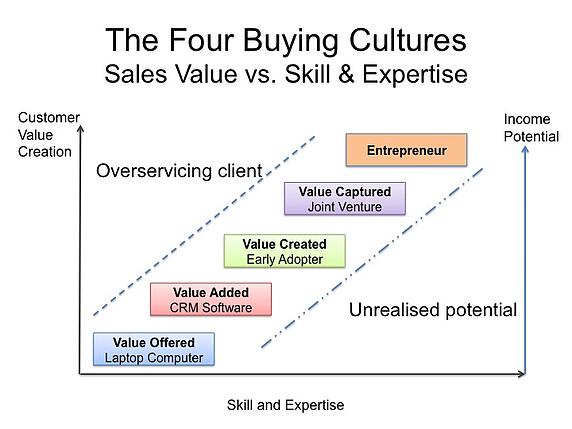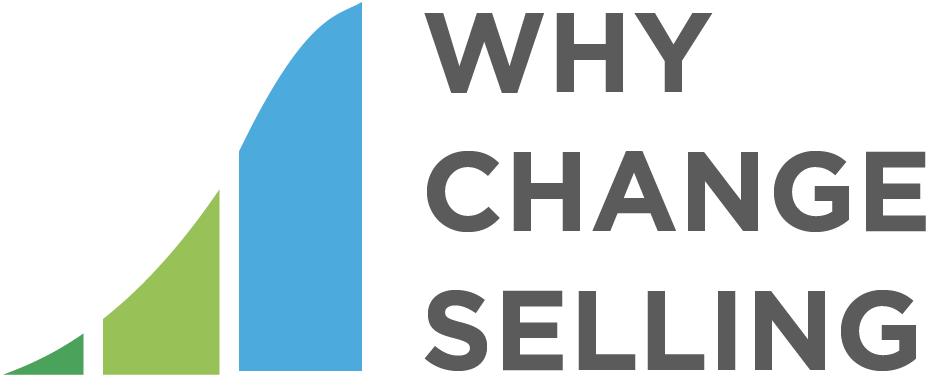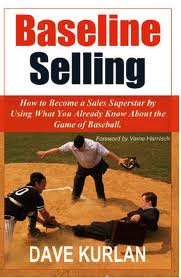In the book Why Killer Products Don't Sell, authors, Dominic Rowsell and Ian Gotts state there are four different and distinct buying cultures, which vary based on the buyers tolerance for risk across the technology adoption lifecycle.  Understanding the difference in the four buying cultures and optimizing the supply/value chain to service customers is often an after-thought, particulary for early-stage companies transitioning from start-up to company building. Indeed many large corporations have difficulty in introducing novel products through a salesforce that is accustomed to servicing customers in a mature market.
Understanding the difference in the four buying cultures and optimizing the supply/value chain to service customers is often an after-thought, particulary for early-stage companies transitioning from start-up to company building. Indeed many large corporations have difficulty in introducing novel products through a salesforce that is accustomed to servicing customers in a mature market.
There is a big difference in the sales cycle length and complexity and sales skill level required to fulfil a value offered customer interaction vs differentiating value in a value-added sale or moving a client through a value-created selling process. Often early stage companies entering new markets hire sales-people with great resumes who sold in a value-added way to buyers in an established market, only to see them struggle for success when the buyer has no concept of the product being sold and needs to be led through a consultative process from start to finish.
I have added one further category not mentioned in Killer Products and that is the role of the entrepreneur. The entrepreneur is a step removed from the value captured sales professional in that they are taking the risk for themselves and they have the potential to create the most value for customers. Arguably they need more skill than top sales people to be successful...certainly more courage. Successful sales people share several traits with those of successful entrepreneurs. Click on the following link for an excellent recent article by Steve Blank on what makes real entrepreneurs.
In the following chart which examines the buying cultures and the value created for the customer vs skill required for the sales role, I have added income potential. The implication here is that in order to maximize income and growth potential as a sales professional, we need to change role and move up the value hierarchy and to do this we need to add skill and expertise.

Its no secret that the Internet has vastly transformed the buying process. The buyer has access to far more information about product (and pricing) on which to understand, assess and decide on technology purchases. The opportunity window for the salesperson has narrowed as a result and at the bottom of the value hierarchy sales-people are being replaced by transactional applications.
As a consultant and sales training professional, I have met thousands of sales people in my career. Many are in a state of happy equilibrium, where their skills and technique match the role requirements for their current position.
I have also met sales people who are brilliant at their current job and have outstanding skills, expertise and attitude who are in my opinion under-achieving their potential for income and personal growth.
Conversely, I have met sales people who are struggling to achieve quota and the standard required for effective performance in selling Internet Age buyers.
The question for salespeople is - are you under-achieving your potential, if so what are you going to do about it?
The question for the exec. team, given that there are four different buying cultures is - are you over-servicing or underservicing your clients?



